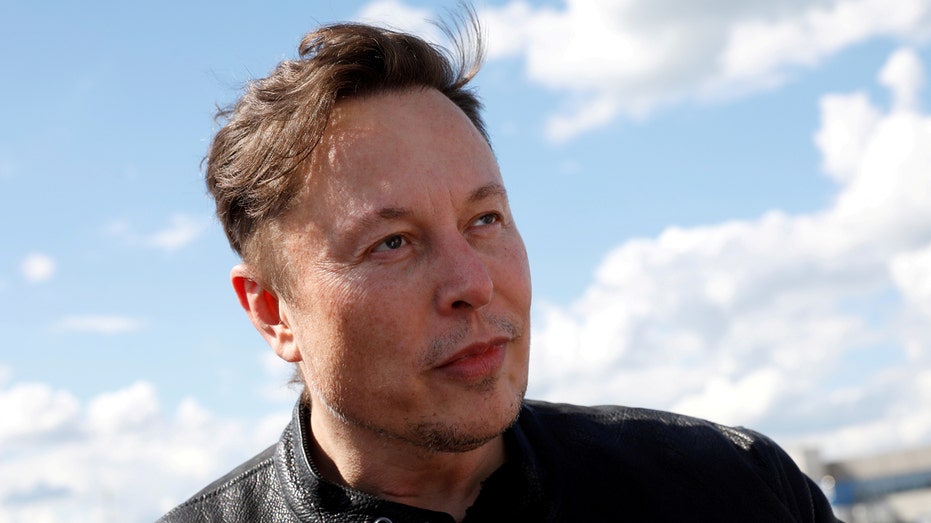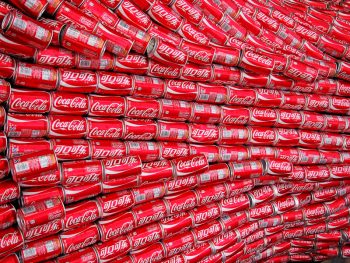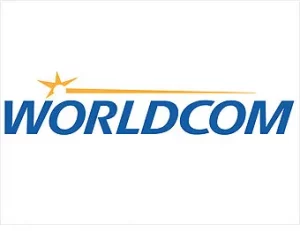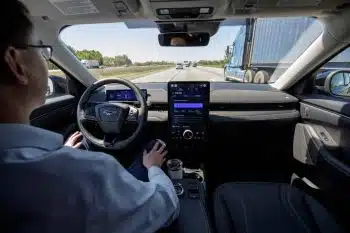Home » Spotlight » Tesla signs deal to get vital battery component outside China
Tesla signs deal to get vital battery component outside China
https://www.whatjobs.com/news/what-news-topical/tesla-signs-deal-to-get-vital-battery-component-outside-china

By Nagasunder in Spotlight, posted January 20, 2022
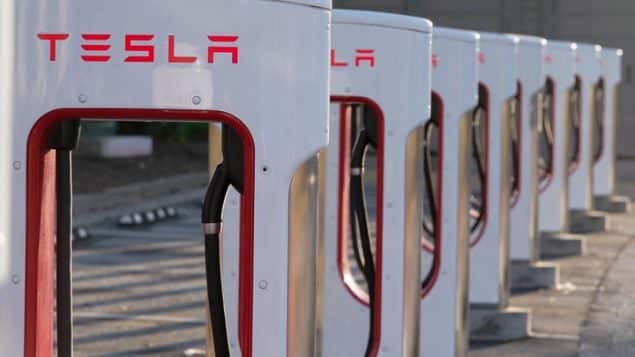
Tesla has made what is thought to be a first-of-its-kind agreement to buy graphite mined in Mozambique.
Billionaire Elon Musk's company has reached an agreement with Australia's Syrah Resources, which manages one of the world's largest graphite mining jobs in the country in Africa.
The deal is thought to be a one-of-a-kind collaboration between an electric vehicle maker and a producer of the mineral required for lithium-ion batteries. The deal's value has not been disclosed.
The company is looking to lessen its reliance on China for graphite and buy the material from the company's Vidalia, Louisiana, processing plant, which sources graphite from its mine in Balama, Mozambique.
The Austin, Texas-based electric vehicle manufacturer intends to purchase 80 percent of the plant's output — 8,000 tonnes of graphite per year — beginning in 2025. Syrah must demonstrate that the material fits Tesla's requirements.
According to Simon Moores of Benchmark Mineral Intelligence, a battery materials data and intelligence provider based in the United Kingdom, the deal is part of Tesla's plan to increase its capacity to manufacture its own batteries.
"It starts at the top with geopolitics,"
He said: "The U.S. wants to build enough capacity domestically to be able to build (lithium-ion batteries) within the USA. And this deal will permit Tesla to source graphite independent from China."
Moores believes that manufacturing the batteries in the United States will alleviate some of the concerns Tesla has about its ties to China, where some mines have environmental concerns.
The manufacturer has also opened a showroom in the Xinjiang region, where Chinese officials are accused of using forced labor and other human rights violations against largely Muslim ethnic minorities.
Tesla, which has dismantled its media relations staff, has been contacted for comment.
Moores stated that the battery industry has been experiencing a shortage of graphite in recent months.
Graphite retains lithium within a battery until it is required to generate power by splitting it into charged ions and electrons.
Tesla's move comes at a time when every major automaker is racing to get into electric vehicles in response to climate change concerns.
The company produces about a million electric vehicles per year, and he claims that finding adequate batteries is the company's biggest challenge.
"They’ve upped their own battery manufacturing capacity," Moores said, but still "they can’t get enough batteries."
A new battery facility being built in the business's new hometown of Austin, Texas, will allow it to get closer to self-sufficiency, but Moores says the company will continue to acquire batteries from other manufacturers, "and that won't change this decade."
Tesla also has an agreement with Panasonic to manufacture battery cells at the automaker's battery factory outside Reno, Nevada.
According to Sam Abuelsamid, a chief e-mobility analyst at Guidehouse Insights, the agreement with Syrah is part of a larger push by automakers to source relatively scarce raw materials for batteries as demand for electric vehicles grows.
The deal also brings the graphite processed in Louisiana much closer to Tesla's U.S. factories.
Donald Sadoway, a professor of materials chemistry at the Massachusetts Institute of Technology, said: "The pandemic pointed out to us that we've got these long, long, long supply chains, and it doesn’t take much to disrupt a supply chain," said Donald Sadoway, a professor of materials chemistry at the Massachusetts Institute of Technology.
"Somebody could all of the sudden say, ‘We’re going to jack up the prices,' or ‘We’re going to refuse to ship it.'"
Source: Foxbusiness
Follow WhatNews on YouTube, Twitter, Linkedin, and Facebook





